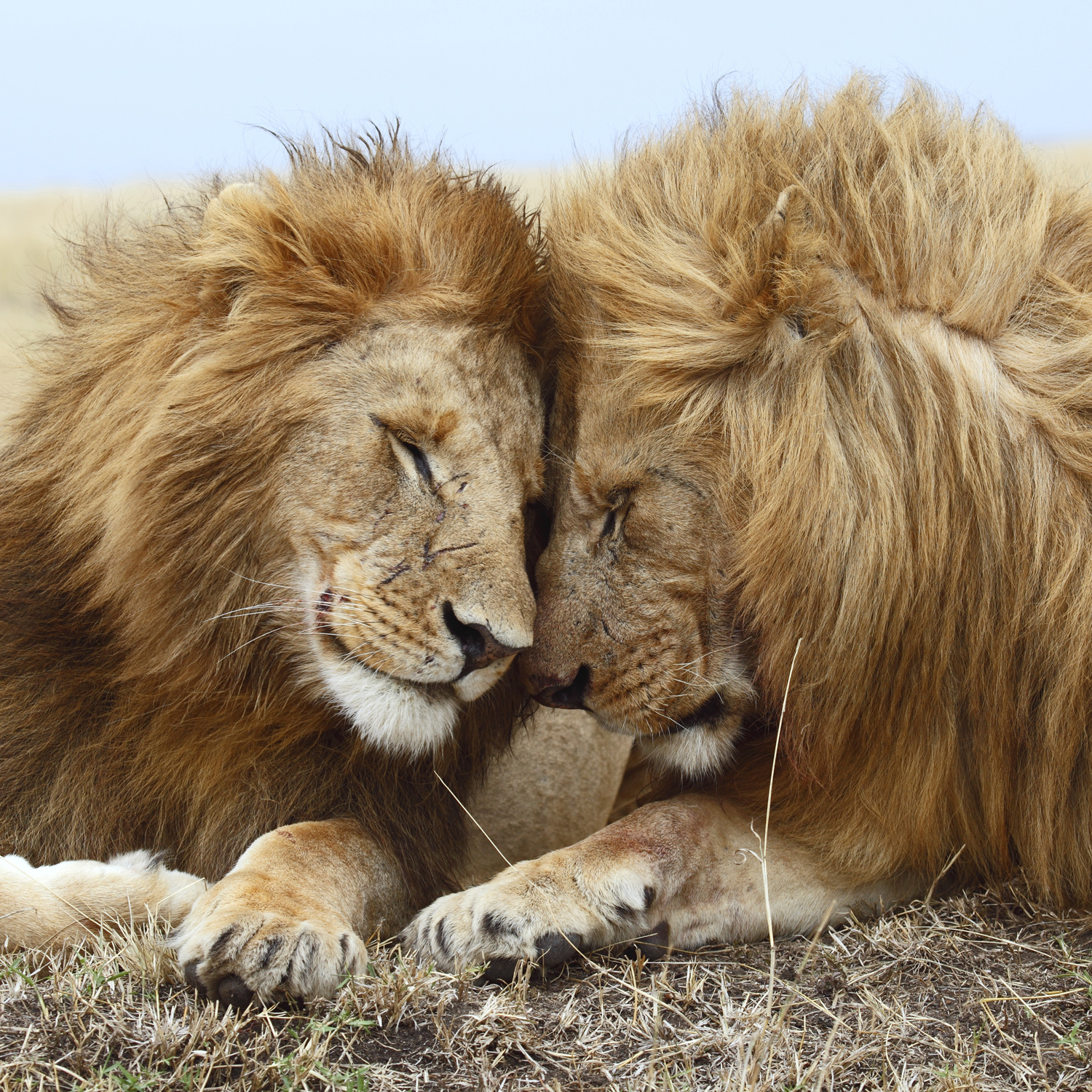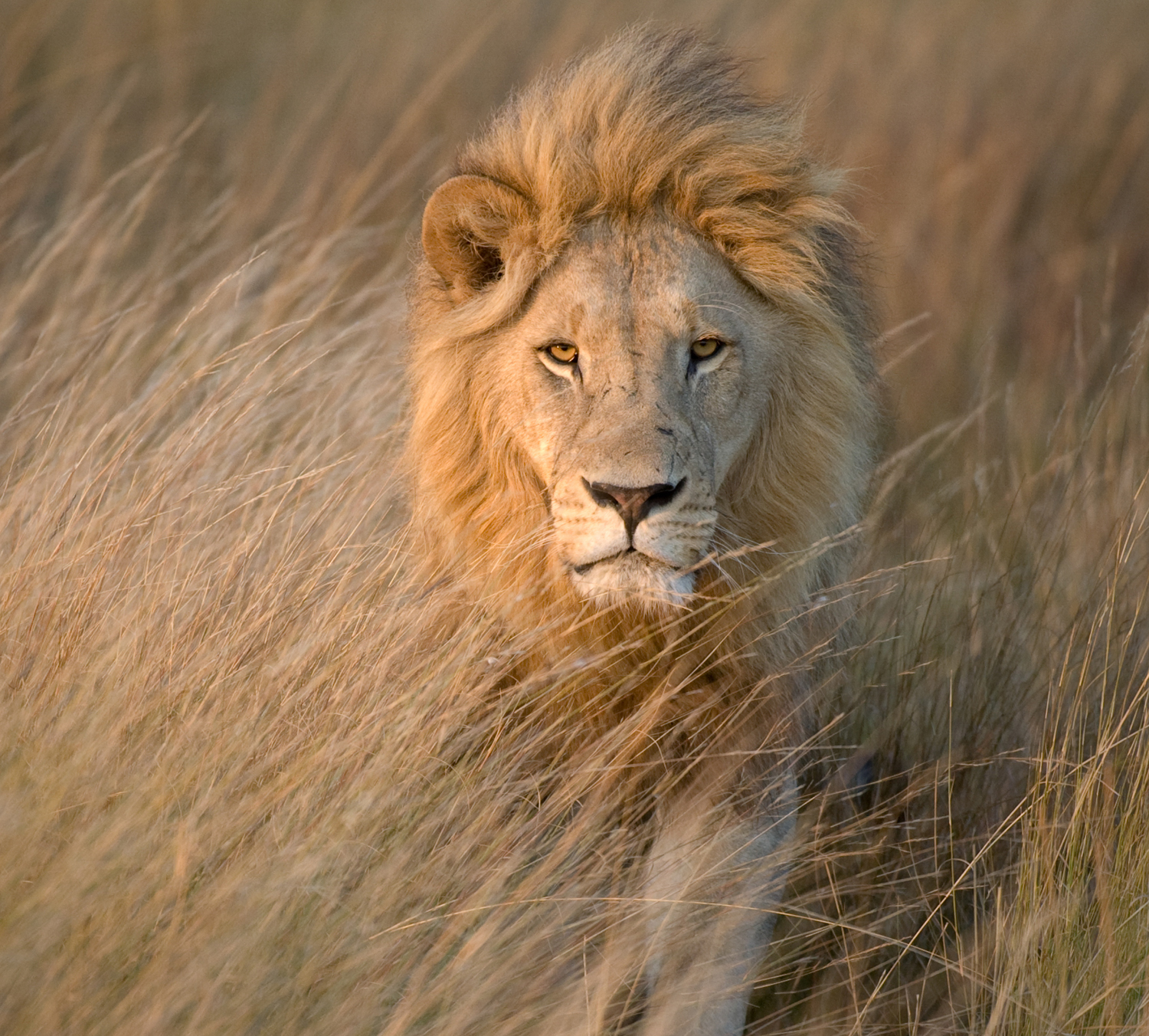China’s $420 Billion TCM Industry Driving The Extinction Crisis

Images TuiPhotoengineer
Lynn Johnson
10 August, 2020
Today (10 August) is World Lion Day and so HowToSpendItEthically.Org felt it was important to highlight a legal trade that is driving lions to the brink of extinction in the wild; and not only lions. You may be surprised to know I’m not talking about trophy hunting, but Traditional Chinese Medicine (TCM).
It is estimated that there are 3,000 wild lions left in South Africa, less than 20,000 across the whole of the African continent and only 5 viable populations. Yet they can be legally traded and legally exploited, and this trade is unchecked enabling illegal product to be laundered into the legal marketplace. Last year, 33-year-old Yin Li and 35-year-old Yun Li, were arrested in connection with the seizure of 600kg of lion bones at OR Tambo International Airport in Johannesburg, with the bones likely destined for making either TCM products or to create (tiger) bone wine. The demand for tiger bone wine continues to grow so fast that the approximately 5,000 tigers bred in captivity in China are not enough to fulfil demand and lion, jaguar and leopard body parts are being increasingly sought as substitutes to tiger products.
But the pressure on lion populations is not just from the growing demand for tiger bone wine. In a report published four years ago, China’s state council expected the total value of the country’s TCM industry to reach about $420 billion by the end of 2020. The report also indicated that there were 900 million TCM practitioners in 183 (out of a total of 195) countries and growing. Almost anyone reading this article lives in a country where TCM is practiced and in 2019 TCM was formally approved into the global compendium of medical practices by the World Health Organization.
And now the world has been hit with a global pandemic, created due to the exploitation of wildlife for trade, both legal and illegal. Few people could have known before the pandemic of China’s 22,000 captive breeding facilities, considered the likely source of COVID-19. But in the captive breeding of wildlife for trade China is a microcosm of the world.
With little fanfare in 2019 South Africa reclassified lions as farm animals to make commercial breeding and selling easier. With this act the South African government has made wild lions even more vulnerable to poaching. Why? Because when you drive up the desire for wildlife, there are always consumers who see more status in products derived from the wild version than the captive bred version.

Image Gummersbach
The global industry in endangered species has an impoverished regulator, CITES, that is provided core funding of only $6.2 million annually to facilitate and monitor the global legal trade in endangered species. Just pause for a minute and compare that pocket change with the $420 billion value of China’s TCM industry alone.
Over the years, TCM practitioners worldwide have decried the use of animal body parts in the industry’s medications, but they have done little to drive change. They are worried about the TCM industry’s reputation and so they should be. But what action are practitioners willing to take to clean up their industry’s declining brand when it comes to the use of animal body parts? If they continue to do nothing, is a campaign needed to encourage consumers to boycott the industry? Just what with be enough to drive change?
While news agencies have provided echo chamber headlines incorrectly stating that China is closing down the domestic wildlife trade, the reality is very different. China’s new laws regarding the trade and consumption of wildlife contain numerous exemptions, including for leather, fur and TCM. Loopholes have also been added allowing traders to stay in business if their products are used for science or medicine. To protect the industry’s future reputation, TCM practitioners could have recommended that no exemptions be given to the industry, they didn’t. They could contribute 1% of the $420 billion profits to monitor and regulate the industry, they don’t.
In not doing so they join all the other industries who use endangered species in their supply chains, to provide nothing to cover the cost of monitoring and regulation. All these industries and brands are tarnished by profiting from and driving the extinction crisis.
So the message to the 900 million TCM practitioners in the 183 countries is be proactive in cleaning up your industry, you are not a passive observer to this exploitation. And neither are consumers, ask questions the next time you visit your TCM practitioner, write to the TCM Association in your country to voice your concern and that you may walk away from TCM if the industry doesn’t invest more in keeping wildlife products out of its supply chain.
Thankfully, lions have a growing number of people striving on their behalf. As I watch their work, I am reminded of a quote from Shakespeare’s Macbeth “I’ll fight, till from my bones my flesh be hacked” and given their passion and commitment, I am convinced that they will. TCM you are on notice.
So let’s consider this majestic animal on World Lion Day, after all:
“A lion doesn’t need to take any medication to feel like a lion!”


Subscribe To
[mc4wp_form id=”29″]




